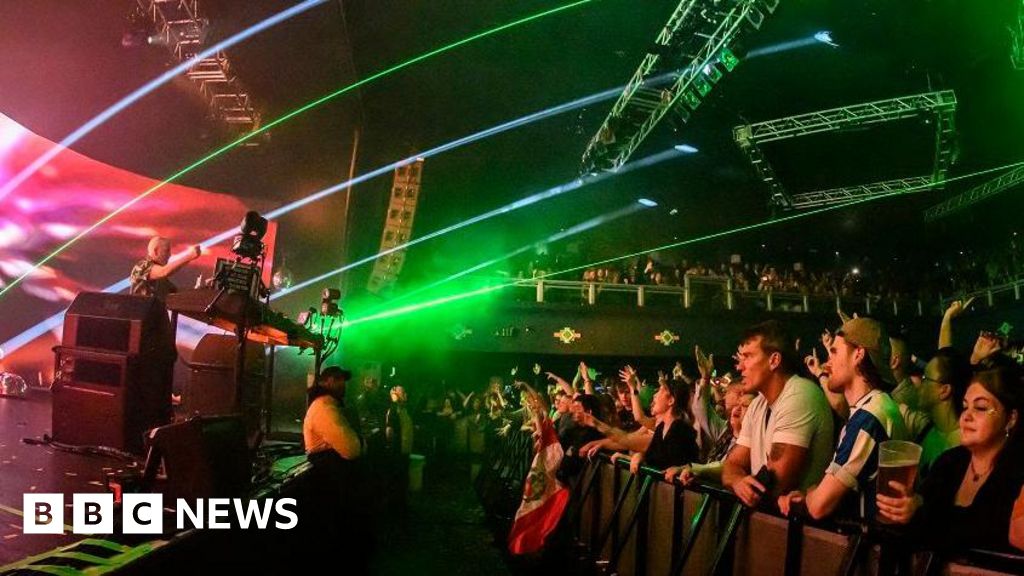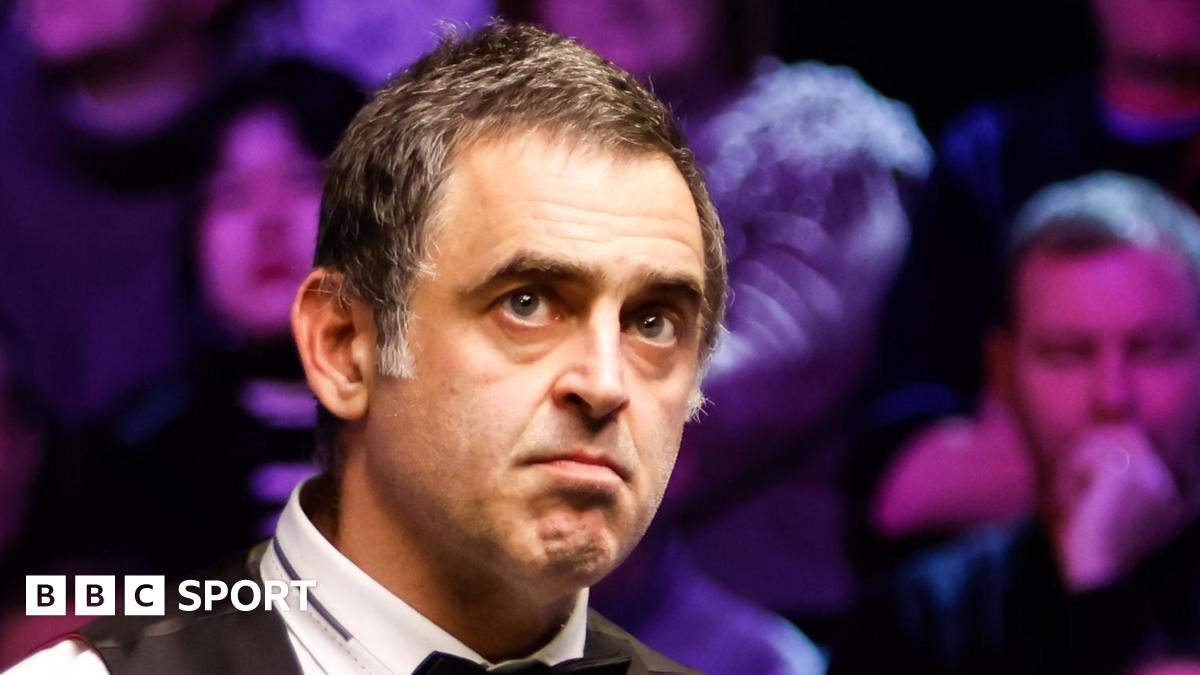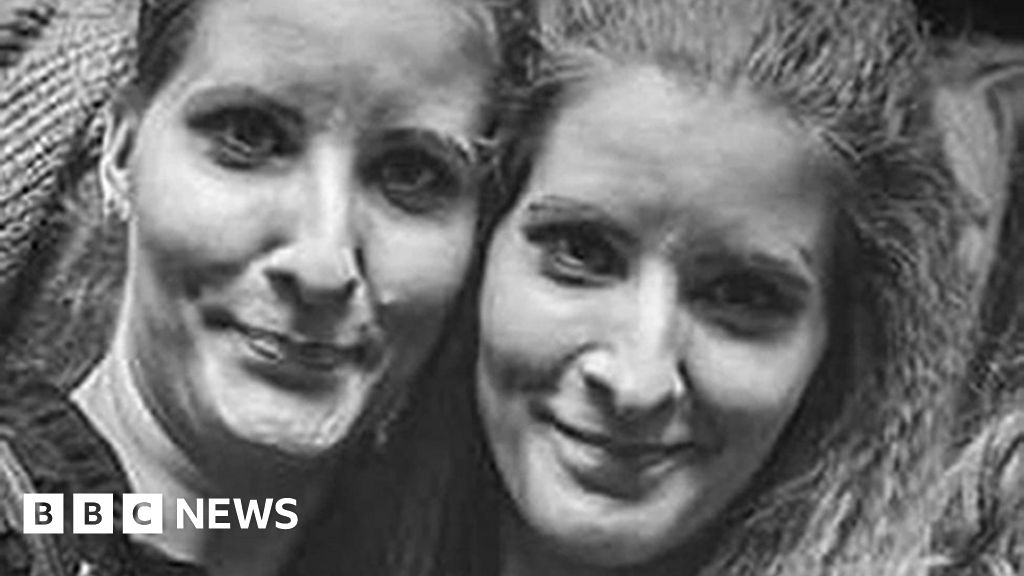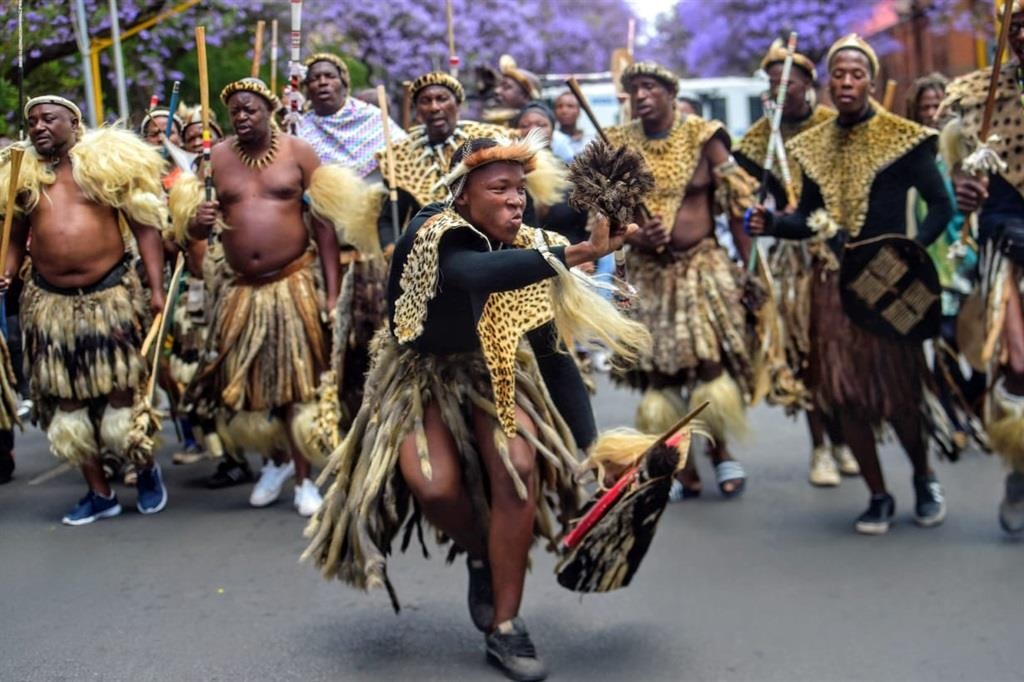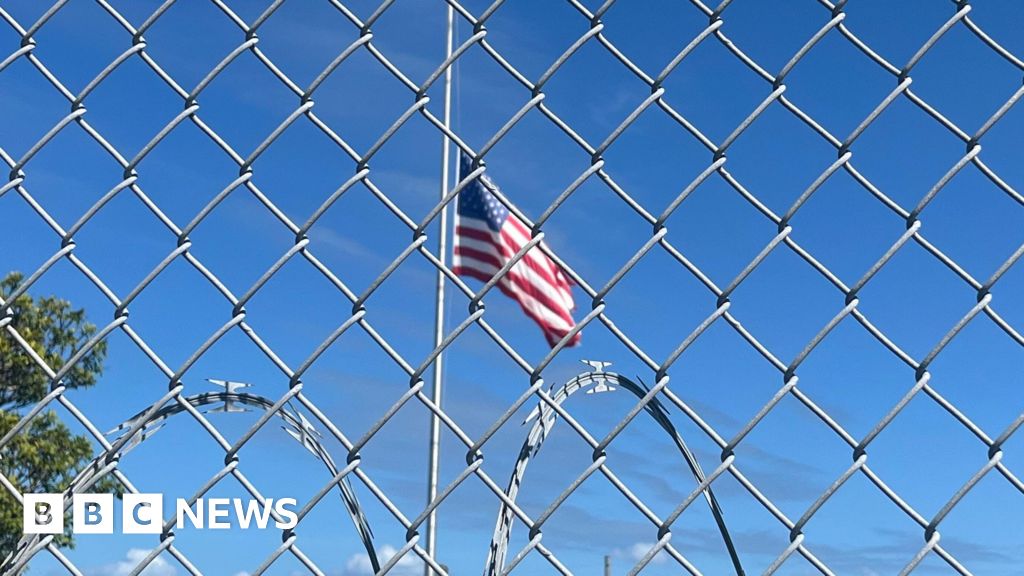The deputy prime minister has dismissed comments by Donald Trump's running mate for US vice president that UK under Labour might be the first "truly Islamist" country with nuclear weapons.
JD Vance, the Ohio senator chosen as Mr Trump's vice presidential candidate on Monday night, made the comments while at the National Conservatism conference in Washington DC last week.
The 39-year-old said he was "beating up" on the UK, and had discussed with a friend “what is the first truly Islamist country to get a nuclear weapon", then joked "maybe it's Iran, maybe Pakistan kind of counts, and then we sort of decided maybe it's actually the UK since Labour just took over".
The suggestion that Islamists are gaining in power in some European countries with Muslim minorities is common in some right-wing US political circles.
Angela Rayner told ITV that Mr Vance had said "quite a lot of fruity things in the past" but said does not "recognise" his characterisation of the UK.
She added that she "looked forward" to meeting him and Mr Trump if they won the US election in November.
His comments on the UK becoming an “Islamist country” were a direct criticism of Labour’s approach to immigration, and he also said that the Tories “have got to get a handle on this”.
Right-wing US political figures have often linked immigration to a rise in Islamism in a country and have regularly focused on the UK.
During his speech to the National Conservatism conference Mr Vance made several further comments attacking immigration.
He declared: "The real threat to American democracy is that American voters keep on voting for less immigration and our politicians keep on rewarding us with more."
In the speech Mr Vance also said “I was in London last year, and it’s not doing so good” referring to both high house prices and high immigration, making a link between those.
Speaking on ITV, Ms Rayner said: "I'm very proud of the election success that Labour had recently.
"We won votes across all different communities, across the whole of the country, and we're interested in governing on behalf of Britain and also working with our international allies."
Mr Vance's comments were also criticised by Exchequer Secretary James Murray.
Mr Murray told Sky News: "I don't know what he was driving at in that comment, to be honest. I mean, in Britain, we're very proud of our diversity.
"I'm very proud that we have a new government, I'm very proud that our Labour government is committed to national security and economic growth. I'm very clear where we are.
"I don't really know how that comment fits in."
Foreign Secretary David Lammy has spent recent months consciously seeking to forge strong relations with Donald Trump’s allies, among them Mr Vance.
Mr Lammy met Mr Vance alongside several Trump allies during a goodwill mission to the US in May, describing him as his "friend".
In a speech at the right-leaning Hudson Institute in Washington in May, Mr Lammy said Mr Vance was "right to say we in Europe have a problem that we need to fix with higher defence expenditure".
He also said Mr Trump has been “often misunderstood” when it comes to Nato, that he “gets the agenda that drives America First”, and that he would find “common cause” with a Trump administration.
But Mr Vance's selection could pose a challenge for the new Labour government if Mr Trump returns to the White House.
Former president Mr Trump has opted for one of the most isolationist members of the Republican Party.
The former Trump-critic, now Trump-evangelist, opposes aiding Ukraine - while Sir Keir Starmer has committed to spending £3bn on aid for Ukraine for "as long as it takes".
Mr Vance has also criticised Europe's overdependence on the US in foreign policy - potentially straining US-UK relations.
Regardless of Mr Vance’s recent intervention, Labour believes their diplomacy with Mr Trump’s team is beginning to bear fruit.
Labour sources point to Sir Keir's conversation with the ex-president on Sunday in the aftermath of the assassination attempt - the first time the pair had spoken.
Andrew Bowie, the shadow veterans minister, said he "absolutely" disagreed with the claim that Labour was creating an "Islamist country".
He told Times Radio: "I disagree with the Labour Party fundamentally on many issues, but I do not agree with that view, quite frankly.
"I think it's actually quite offensive, frankly, to my colleagues in the Labour Party."
Additional reporting by Mike Wendling.
 (1).png)
 5 months ago
14
5 months ago
14
